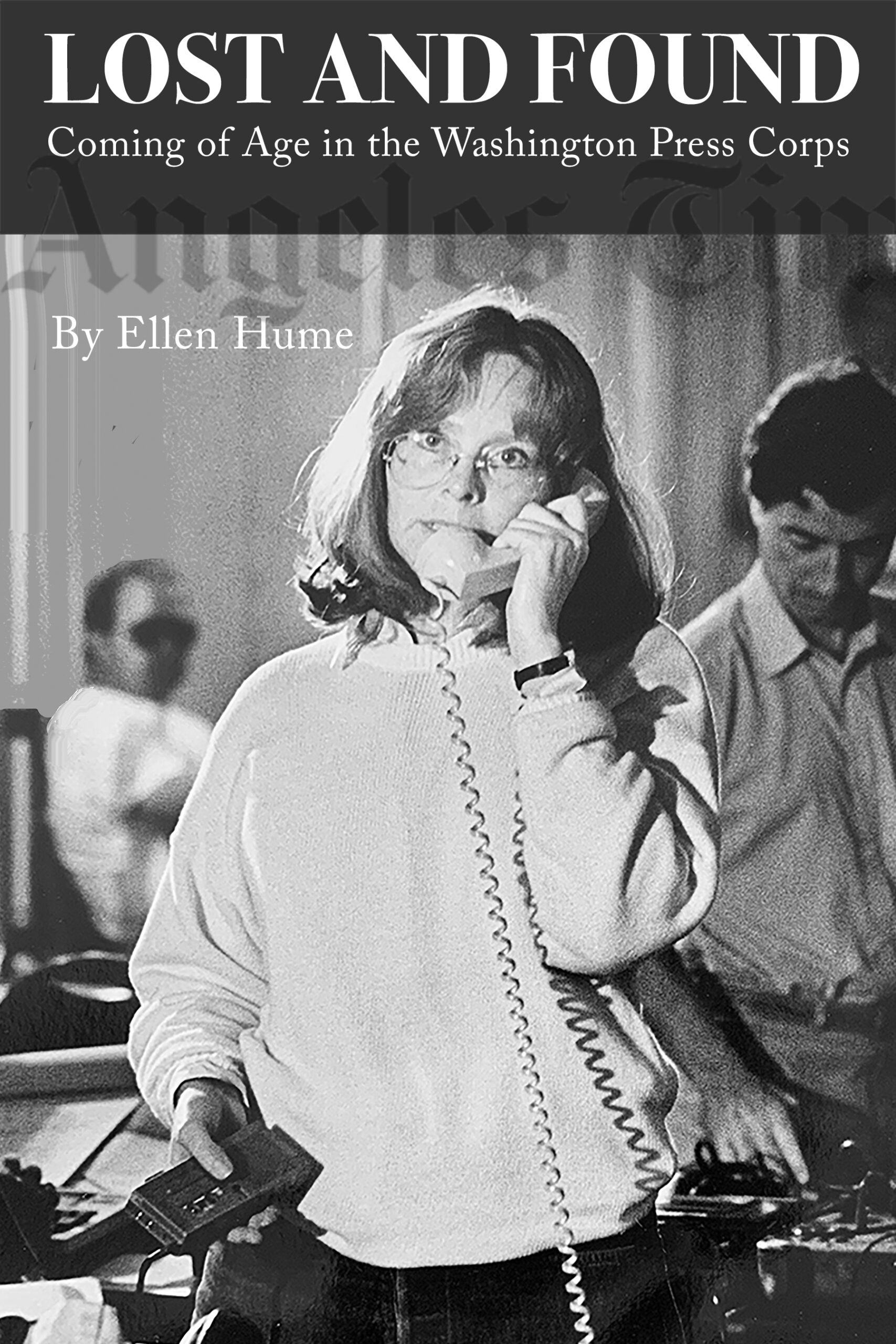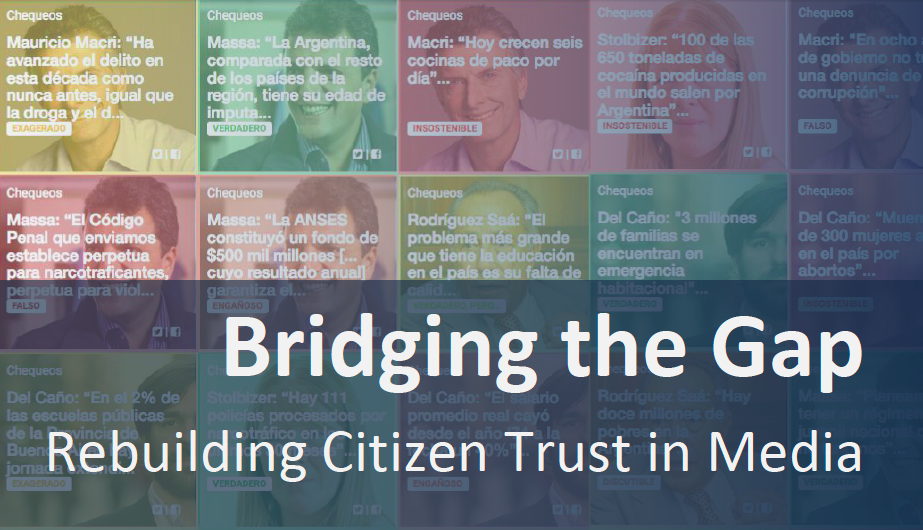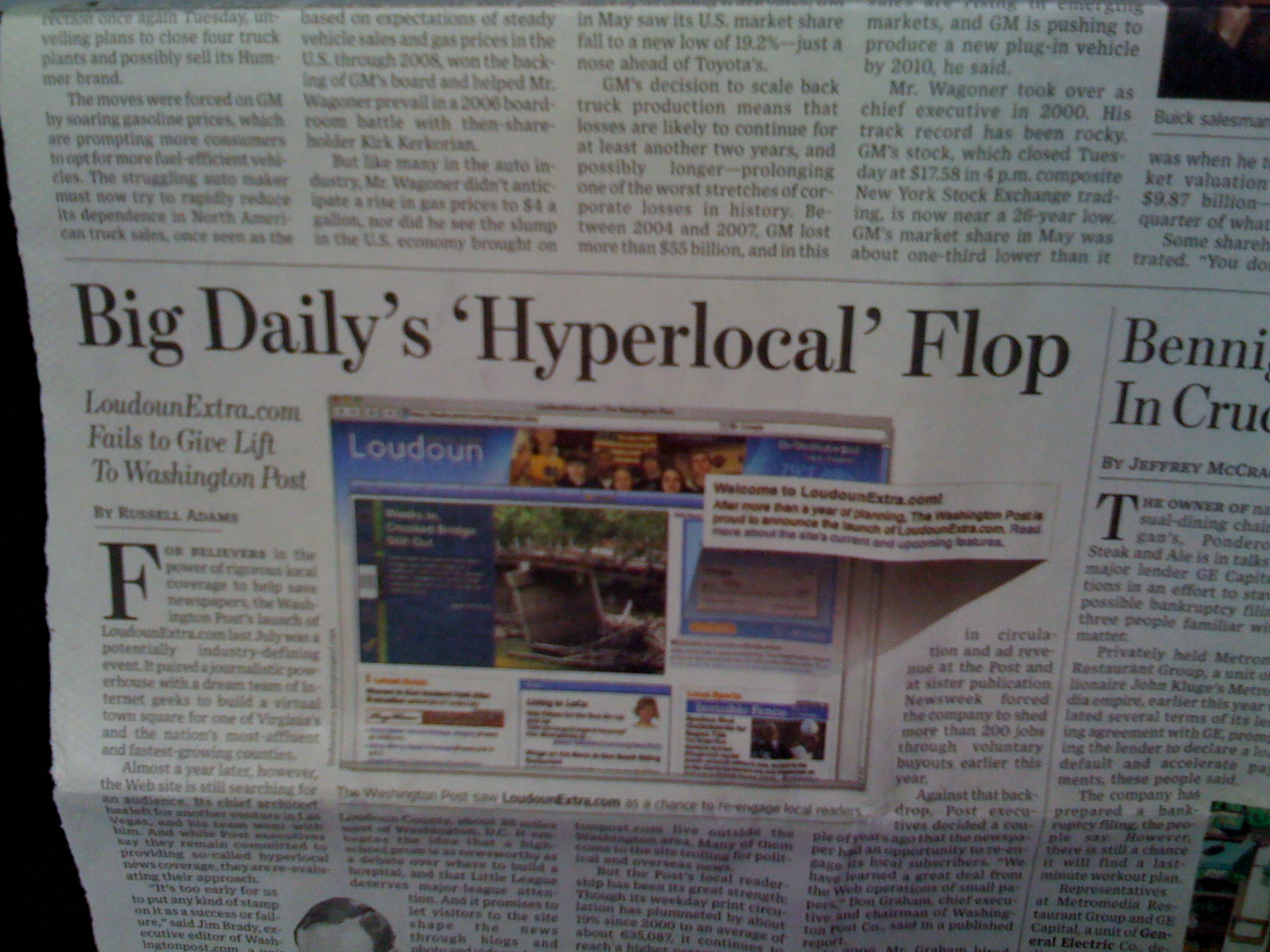
Fun and Games in the Washington Press Corps

You can order it from your independent bookstore, from Amazon.com, or from Bookbaby…


You can order it from your independent bookstore, from Amazon.com, or from Bookbaby…

“I am seeing this so you don’t have to!”
This 2012 rebuke from war correspondent Marie Colvin to her London editor, as she returned to die in the horrors of Syria, is the best description of journalism I ‘ve ever heard. “A Private War,” Matt Heineman’s morally fierce new film about Colvin, reminds us that some people give up everything, trying to give us the truth.
How terrible then, for so many Americans to live in a world of deliberate lies. It is inevitable that the Trump-Fox News bubble will burst, as our country faces the real impacts of climate change, Russian cyberwarfare, economic inequality and Republican corruption. I feel sorry for the genuine conservatives out there who have made this devil’s bargain with Trump. If history is any guide, the gains they have made will be threatened, if not reversed, by the coming wave of revulsion.
While Colvin’s retort was about war, it could apply also to the tedious journalism of court documents, transcripts, government fine print, and data of all kinds that reporters plow through to figure out what’s true. The public can see this evidence for themselves, if they want to do this investigation of documents in plain sight. But who wants to take the time? So thank goodness nonprofit and for-profit mainstream reporters all over the world, including The New York Times and Washington Post, Propublica, The New Yorker and the Atlantic—are doing this for us. Check out the Post’s summary Dec. 3 report about the Mueller investigations, based on actual court convictions and guilty pleas.
I won’t be going to see the film about Gary Hart, not because I think the press was always terrific in covering him, but because I think they did an honest job outing his hypocrisy and weirdness. Matt Bai, who wasn’t there at the time and has a gauzy view of how Hart might have served as president, has done a disservice to history. Hart was a hypocrite and a liar. He was no Donald Trump, to be sure. But looking back to say he would have been a great president, and setting it up to blame the media, is a waste of everyone’s time.
Instead see “A Private War,” where an imperfect—crazy and sometimes out of control—journalist does the job. That is the real story.
https://www.vanityfair.com/news/politics/2012/08/marie-colvin-private-war

Aug. 21, 2018 A House Divided Cannot Stand
I write to you in a spirit of respect and cooperation. We are all Americans, and I think it is better for our country if we can try to work together. Abraham Lincoln was quoting the Bible when he said a house divided against itself cannot stand. The letter below reflects my recent trip across the country–see the “road trip” section of this website— included meeting different Americans of all kinds, and listening carefully to them.
I listen to Hannity on Fox and the other pro-Trump pundits on Fox, Medium, etc. and am alarmed at how off the mark they are. Their descriptions of Democrats, Hillary voters, the media, and “libtards” are simply bizarre. Do they care that they are getting this so wrong?
Why is it that Hannity finds Trump perfect in every way, and changes the subject to Hillary Clinton if any question about Trump is raised? This seems fishy to me. On the other hand, on MSNBC and CNN, there seems nothing that Trump can do right, offending my conservative friends who want Trump to succeed.
Before the 2016 election, the mainstream media and the Democrats failed to understand how angry and conservative many Americans were. Polls show that most Trump voters don’t love everything about him (despite Hannity), but they want to stand by him as a warrior for their economic and cultural issues. By excusing every sin he commits, the people showing up at Trump rallies are acting more like a cult than a smart group of citizens. No politician deserves this fervent level of uncritical support.
It’s time to get past the labels to something more authentic. Here is my try at respectfully understanding Trump’s supporters:

Do I have it about right?
Now let me describe my side. Please try to keep an open mind. It is an honest effort.


Thank you for listening. We need to find ways to hear each other, and compromise, because a united country is a strong country. That is the only way we will ever make America great again.

—January 2018
What is the truth about journalism?
Journalism is always a bit of a mess. People’s memories are usually flawed. Eyewitnesses differ about the same event. The moment a story passes from one person to the next, it changes. This is only human. And then there is a whole new category to worry about: opinion pretending it is news. Appealing stories, spread through our trusted social media sources, may be secretly designed to persuade us of something. It may be fake news that has no basis in fact.
The response: cynicism
In such a world, it is easy to give up on all news sources, even though we still need information from somewhere, in order to optimize our future. Conspiracies are attractive when we feel we can’t trust anybody but the ideas and people we already know.
How we are manipulated
Reporters who are trying to figure out what is actually going on and tell it honestly–from an nonpartisan referee’s point of view–are increasingly dismissed as creating “fake news,” by the people who need them the most. It isn’t just the professional journalists’ execution of the news story that is questioned—it is their motive. This loss of credibility is a big problem for our entire democracy, as politicians make policy based on fake “alternative facts” that they make up, and attack the reporters who are actually trying—on our behalf–to hold these politicians accountable.
The truth
Are most of the mainstream media out to brainwash us? Of course not. Are the talk show pundits who are transparent about their biases more honest about the facts? It may feel that way, but actually–no! Are the “inside” scoops and conspiracies we are hearing about through social media truer than what we read in the newspaper? Probably not. Opinions are different from facts. We have to pay attention to know who truly has our back and wants us to know what’s actually going on—and who is trying to manipulate us.
We don’t want to be like Edgar Maddison Welch, who thought he was a superhero, blazing into Comet Pizza in Washington, D.C. with his assault rifle to save children from a sex ring he heard about on the Infowars website and social media, that doesn’t exist. He is serving four years in prison, for acting on what he later decided wasn’t “good intelligence.” (It was part of the huge fake news campaign against Hillary Clinton, some of it spread by Russian bots that many people still believe despite the evidence that it is all made up.)
[New York Times Pizzagate Story]
The bottom line
Examining the motive of a reporter is a good thing. But simply deciding that they are all “enemies of the people” and trying to con us, is not the smart way to gather power and knowledge for ourselves. In my experience, it is charlatans with bad motives who are the ones most loudly telling us to mistrust the press in general, to ignore the referees of mainstream media.
The easy answers are rarely the most honest or helpful ones. Opinion is not good enough. Evidence is the key to navigating this crazy world.
The challenge
Just having the news story confirm what I already believe is a terrible basis for trust. Just listening to one type of news source or pundit, without understanding where they got the story, is also a fast track to being manipulated.
Take action to prevent being manipulated
The next time I am told that what I am hearing is “fake news,” I will take a minute or two to look within the story for where the facts in the story came from, and what evidence is offered to back them up. Just saying, as Bill O’Reilly loves to do, “I have someone inside the organization” is not evidence.
I worked with Anya Schiffrin and her team of experts from Columbia University, to help sort out the journalistic truth-tellers from the “fake news” opinion pundits. For further study of this issue, here is the report, Bridging the Gap.

Reading any newspaper is pretty much a two-dimensional, impersonal, top-down, one-way, and often stupefying experience. News reports are infuriatingly self-referential and incomplete. If they stir us up they don’t give us any place to go. Is this civic engagement? The endless stream of revelations and problems, celebrities and disasters, seems disconnected from our own personal choices and public solutions. Too often, newspaper readers feel like “passengers in the back seat of the car, howling at the driver,” as MIT Prof. William Uricchio once put it.
Now we, the public, can be the drivers in a three-D world, with enticing participatory media that are upending power relationships, changing the links between user emotion and action, creating and engaging communities, providing platforms for people to do things for each other, and allowing a new sense of public space. We get more information than we can use, including original documents and expert opinions. We can all be prod-users: publishing our news to the world through Twitter, Facebook, YouTube and a wealth of cellphone tools that allow us to collect, geotrack, prioritize, keep and spread stories, pictures, videos and images.
These tools enable people not just to have more fun, but to contribute to political campaigns, bear witness to official misconduct, arrange meet-ups to deal with local problems, crunch and visualize data, and write rough drafts of history for public resources like Wikipedia. If watching television disengaged people from community, as Harvard political scientist Robert Putnam asserted in his famous “Bowling Alone” study, new media technologies are drawing us together with extraordinary results.
We certainly can give up the ink and paper format. But we are suicidal idiots if we give up the professional service that newspapers provide. Newspaper journalism is the foundation of the watchdog news chain. The best newspaper journalists have our back and work on our behalf to sort out what’s true and publicly relevant, whether they or their advertisers like it or not. That is what they mean by “objectivity.”
Good independent journalism is hard to do. It costs money. It also requires a popular culture that supports unpopular questions and answers. It asks citizens to live in the real world and care about what is factually true. It requires a support structure based on something other than the voyeur pornography of violence, sex and celebrity.
At their best, newspapers provide what Alex Jones calls the “iron core” of news, the honest, time-consuming effort by paid professionals to hold the powerful accountable. Television and radio newscasts, Google news, Jon Stewart, Rush Limbaugh, and the people who run the world still depend to a large extent on the flow of facts and assertions vetted, organized and prioritized by newspaper journalists. Internet advertising without subscription fees cannot finance “iron core” journalism. So newspapers, even as they adapt to the web and cell phone platforms, are going bankrupt and journalists are losing their jobs.
Technology is not the sole culprit. Neither journalists nor the public have adequately differentiated good journalism from bad, nor defended newspapers when they have been under attack from self-interested ideologues. It has been increasingly hard for news organizations to resist offering simply whatever the public wants, instead of fighting for what the attentive citizen needs to know. Journalists too often have abandoned the qualities that made them both controversial and essential.
For new business models to work, journalists need to provide news services of unique value and promote their credo as effectively as the critics have attacked it. Media literacy training should be part of basic education for everyone, as power and responsibility for evaluating the news moves from the elite to the street. Technology alone didn’t destroy journalism, but a thoughtful use of digital and participatory media can help save it. We need to build and organize fan groups for real journalism and turn that support into sustenance.
The smartest digital entrepreneurs understand the continued importance of good journalism. Despite our information overload, vital news and information is deliberately hidden—as prize-winning newspaper and magazine exposes of corruption, torture, spying on citizens, and other issues, continue to teach us. We need someone with clout to hold propaganda creators accountable, while being accountable themselves. We know where to find these journalists if they mess up. In contrast, we can’t expect the evanescent and sometimes anonymous virtual digital folks who volunteer their pieces of information, to provide the consistent, influential flow of relevant, verified news that people require every day in a democracy.
We need a common picture of the real world that we cohabit today, if we are going to work together to build the future. Without professional journalists in the mix, we are tempted to travel only the streets we already know, mirroring ourselves with our media choices, rather than facing unwelcome facts. That is why we need to save newspapers—or at least the journalism they can provide. They help us demand the best from the powerful, and from ourselves.
Originally published in Newsday, December 2009.